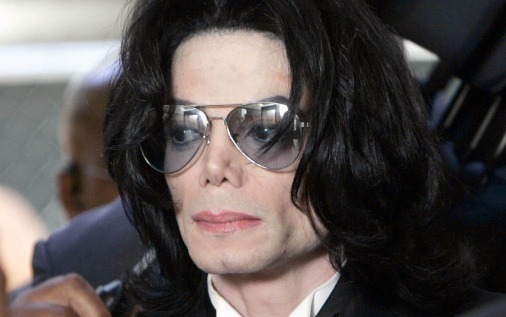So much was made last week of Michael Jackson not sleeping for the last 60 days of his life. First of all, it was an overstatement. He may not have been sleeping at night, but he slept during the day. You may recall an interview I did with a long time friend of Michael’s who ran into him at Dr. Arnold Klein’s office one afternoon in May 2009. It was clear he was sleeping there. He also looked and felt great, very refreshed. http://www.showbiz411.com/2009/07/01/20090701jacko-michael-jackson-joanne-horowitz-studio-54-arnold-klein
More to the point: one look at Frank Cascio’s excellent and revealing book, “My Friend Michael,” describes Jackson’s sleep problems, his use of Demerol and Propofol early on. Cascio was with him for a good part of the 90s into the early 2000s. I think, frankly, it undermines the testimony from last week. Cascio traveled with Jackson extensively, and knew all of his peccadilloes. His book lays out Jackson’s life in minute detail. I wonder if all the lawyers in the current case have read it.
Cascio wrote: “Now, on tour, and again in deep physical pain, Michael turned back to those drugs. Maybe he was simply following doctors’ orders: his adrenaline was so high after each show that it was the only way he could sleep. For all I really know, the treatments may have been his idea. However it came about, over time Michael began to rely on Demerol to wind down after the shows, and most likely to escape from the overwhelming stress, pressure, and responsibilities of his extraordinary life…How impossible it must have been to dial down from the hyper mode of the show to the complete calm of sleep….him. The doctor came, and then Michael went right to bed. I understood that he was taking medicine to help him go to sleep. I knew nothing about prescription pain medicine….
“…an anesthesiologist started showing up two or three times a week, some weeks, to help Michael sleep. I paid the man in cash, because all of Michael’s medical issues had to be kept from the public and their cost off the books. The doctor was perfectly straightforward with me. “What I do,” he said, “is put Michael to sleep for a couple of hours. Then I ease him out of sleep.” It was the same treatment I had witnessed after Michael’s accident in Munich. The doctor would set up equipment and an IV in Michael’s room, and would stay with him, the door closed, for about four hours. He said that the treatment was risky, but he assured me that he knew what he was doing…”
“On those nights, he couldn’t sleep unless this dangerous drug— the drug that would eventually kill him— was administered. For a long time I thought it was okay and normal. I didn’t think he had a drug problem. Over the years, I had grown accustomed to seeing doctors coming and going, particularly during tours, when Michael was under great stress and needed help falling asleep. I thought he was simply someone who had serious medical problems and used drugs to treat them.”
And this is just a little bit of it. The idea that AEG’s concert rehearsals caused Michael to lose sleep– and thereby be vulnerable to dying– doesn’t ring true. Not when you hear that Jackson was living like this for two decades.

